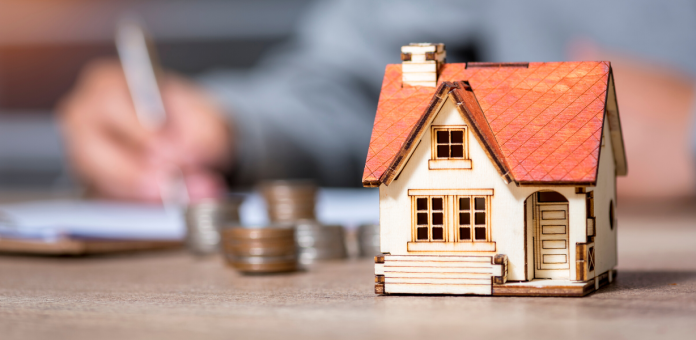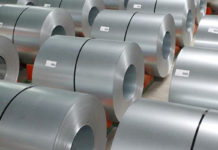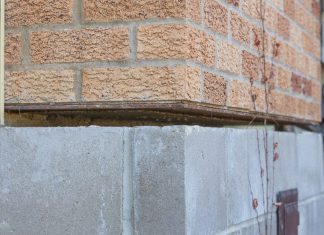Buying a new home is mostly exciting. You probably fell in love with the property and can’t wait to move in. Still, some parts of new homeownership can be less than thrilling. If it’s your first time buying a home, unexpected costs seem to come flying at you fast.
Even if you’ve bought property before, it can be hard to remember all the extra little costs that add up. Those extra expenses can make buying a home feel prohibitive. For this reason, it helps to expect the unexpected and be as prepared as possible.
1. Insurance
Insurance is easy to forget about as an expense because you don’t often think about it until you need it. And by the time you do need it, if you don’t have it, it’s too late. Fortunately, most banks will not let you borrow money to buy a house unless you have insurance. They don’t want to risk lending hundreds of thousands of dollars just to lose it during a bad storm or other destructive event.
Furthermore, while you’ll most certainly need basic homeowner’s insurance, you might need even more. In some areas, you may need supplemental insurance to cover fires, floods, or hurricanes. Make sure you get a homeowners insurance quote that covers everything specific to your region. Ask lots of questions and search around to ensure you get everything you need.
2. Property Taxes
Property taxes are an expense that seems to creep up on new homeowners. You calculate the monthly payment with your mortgage rate. You may even factor in insurance costs. However, different states and local governments charge different rates. If you’re moving from, say, Hawaii to New Jersey, you’re in for a rude awakening. Your property taxes will more than triple!
Property taxes are levied by local governments to cover public services like transportation and schools. Depending on the area, they can be quite costly, anywhere from .27% to upward of 2% of the value of your property. It pays to keep this expense in mind when shopping for a new home. Also remember that you can often have those fees taken out each month, or you can pay the bill quarterly or annually.
3. HOA Fees
Another unexpected cost for a new homeowner is the fee you may pay to a homeowner’s association. Quite often, you’ll get the price for a home and think it is quite reasonable. You might factor in the homeowner’s insurance and property taxes and think you’re even under budget. Then, you find out about HOA fees, and suddenly you can’t afford to buy the home!
Homeowners associations charge for services rendered in housing complexes and neighborhoods. Sometimes, those fees can be quite reasonable, as low as $50 per month. Other times, you might fight HOA fees as high as $1,000 a month. The more work an HOA does and the more amenities they provide — such as well-maintained landscaping, playground equipment, and community swimming pools — the more expensive the HOA fees may be.
These additional facilities contribute to the overall upkeep and enjoyment of the community, but they also come with a cost that homeowners should factor into their budgeting decisions. If you plan to move into a complex with a homeowner’s association, learn all you can. Specifically, ask about monthly fees, what’s covered, and how often those fees are raised.
4. Utilities
Like property taxes, the cost of your utilities can vary from region to region. A homeowner in an area like Northern California, with its temperate climate, may never need a heater or an air conditioner. In contrast, a home in South Dakota might require both heating and air conditioning for several months. Hot summers and freezing winters can add hundreds to your monthly utility bills.
Find out what the average cost of utilities is for each season in your new home. You’ll also want to factor in the size of the home, as large homes cost more to heat and cool. If the utility bill is exorbitant, you might consider switching out HVAC units for more efficient ones. You may even consider installing solar panels to cut costs. Either way, you’ll want to prepare yourself for the bills to come.
5. Furniture
Finally, many people figure they will move into their new homes and take their old furniture with them. There is of course nothing wrong with this approach to homeownership; it can save you a ton of money in the beginning. But, sooner or later, you will likely want new items in your new home. Once you see the older couches, tables, and chairs in a new place, you’ll likely want to upgrade them.
While you may not need new furniture right away, it’s a good idea to keep this expense in mind. A great couch can cost thousands of dollars, but you may keep it for years to come. A brand-new bed might make a dent in your wallet, but you may love it for a decade. As you prepare to buy a home, consider budgeting for at least a few new large items. It can make the move feel even more special.
Surprise costs can be a real bummer when it comes to buying a new home. You plan perfectly only to have a new expense jump out at you and potentially kill your joy. The best way to avoid having what should be a fun experience ruined is to prepare. Do your research, find out about all potential sneaky expenses, and budget accordingly. Then you really can sit back, relax, and bask in your new home.














